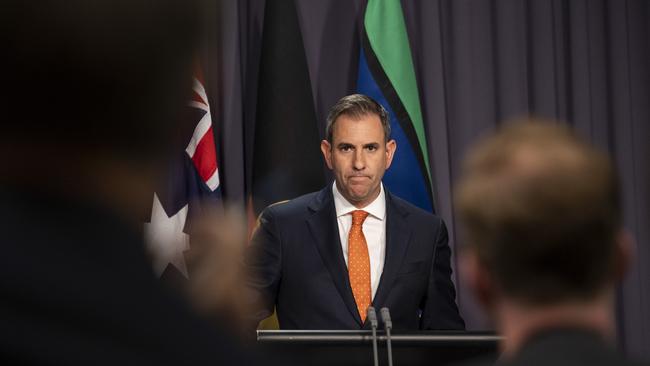
All of the emphasis, all of the action and all of the spending in the Treasurer’s first full budget has been directed at trying to alleviate the unbearable pressure of cost-of-living on families, especially rising power prices.
All of the hope, all of the assumptions and all of the economic management has been directed at hoping for the best.
Chalmers had no choice but to spend and spend big on his relief package because Labor has promised since before the election a year ago, since the first Budget in October and ever since to take the pressure off people “under the pump”.
A pre-budget Reserve Bank interest rate rise underlined that imperative to at least help those most in need.
Chalmers was caught between that imperative to help people and his self-declared imperative to fight inflation.

There was no way he could devote the necessary attention to both and so the pragmatic reality was to do “what he could” to ease the cost-of-living pain and try to limit the inflationary flow on to the wider economy and the future.
The $14.9 billion relief package – including a $40 a fortnight rise in the JobSeeker allowance – will be seen by some as too much spending and a boost to inflation and by others as not enough assistance and well below what was needed.
Chalmers’ response to both sides is to declare that the relief is targeted and being paid in such a way as to be actually “deflationary” and at the same time to say it was aimed at the most vulnerable and all that could be afforded.
He will be hit by both sides but he had no choice.
As for the longer term challenges Chalmers has decided to accept the best assumptions on cutting back NDIS costs and debt payments while hoping for the best on rising revenue.
Chalmers has run the risk of trying to please everyone and gambled on good assumptions coming true at least he’s satisfied the political imperative.
More Coverage



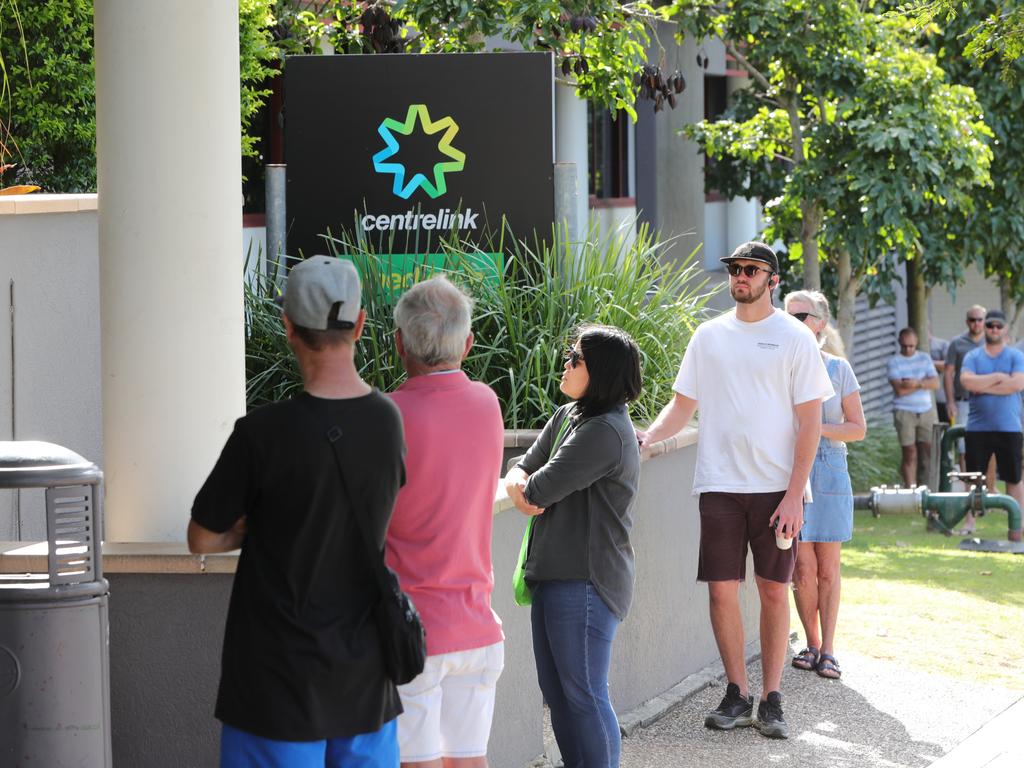
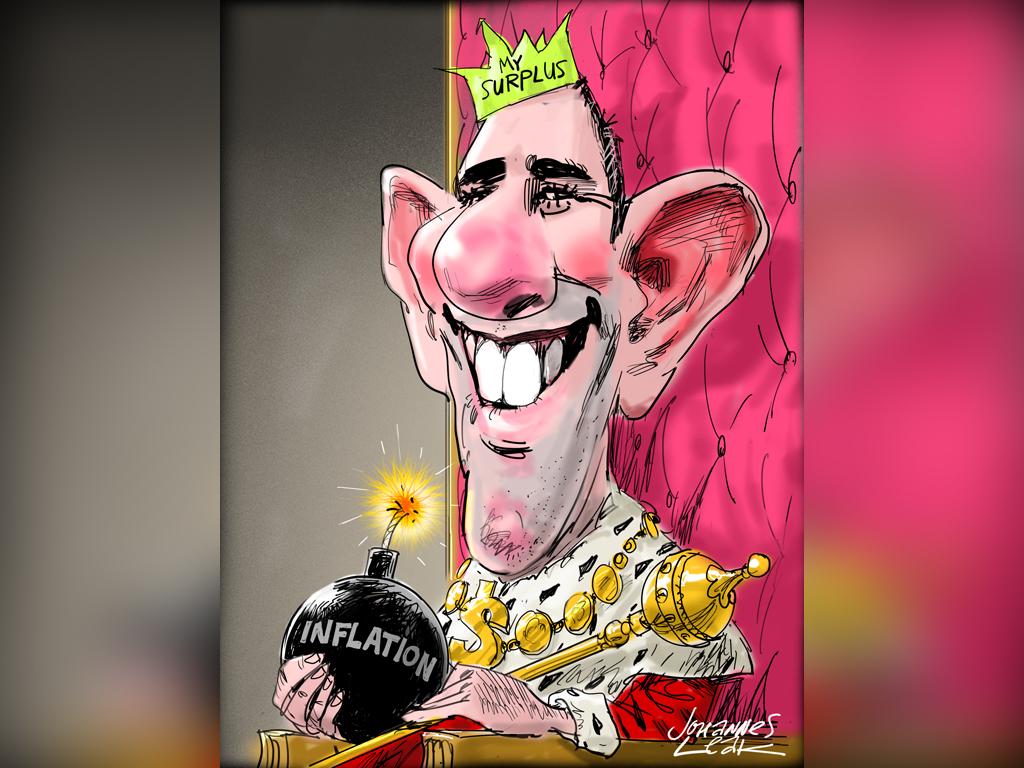

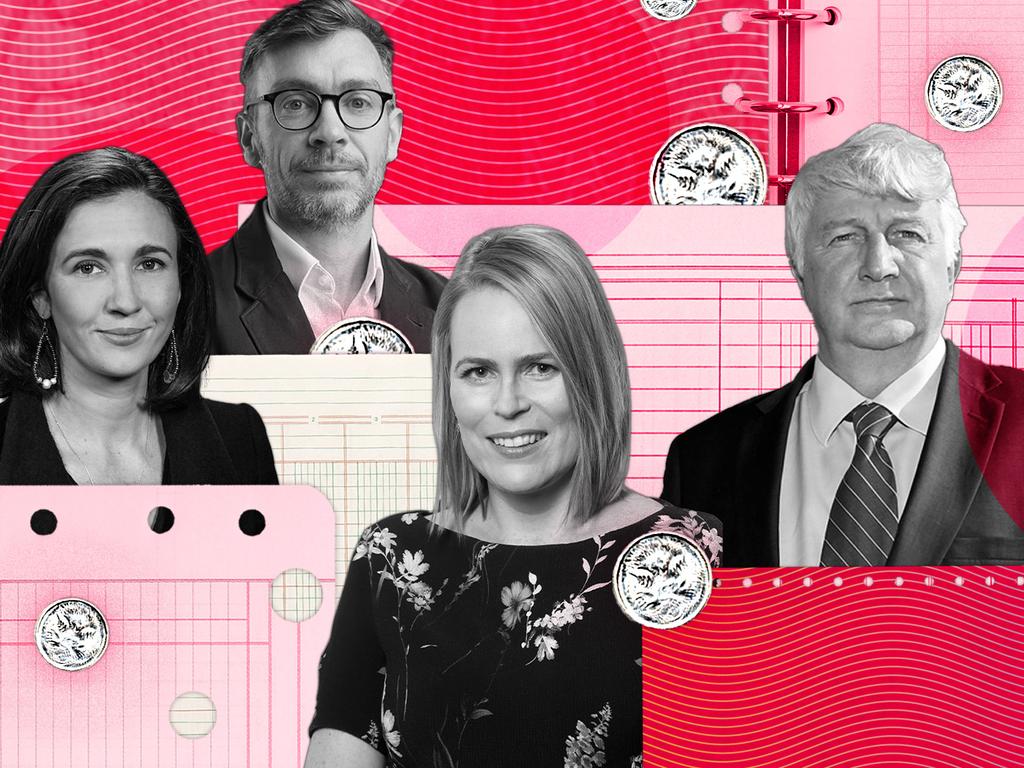
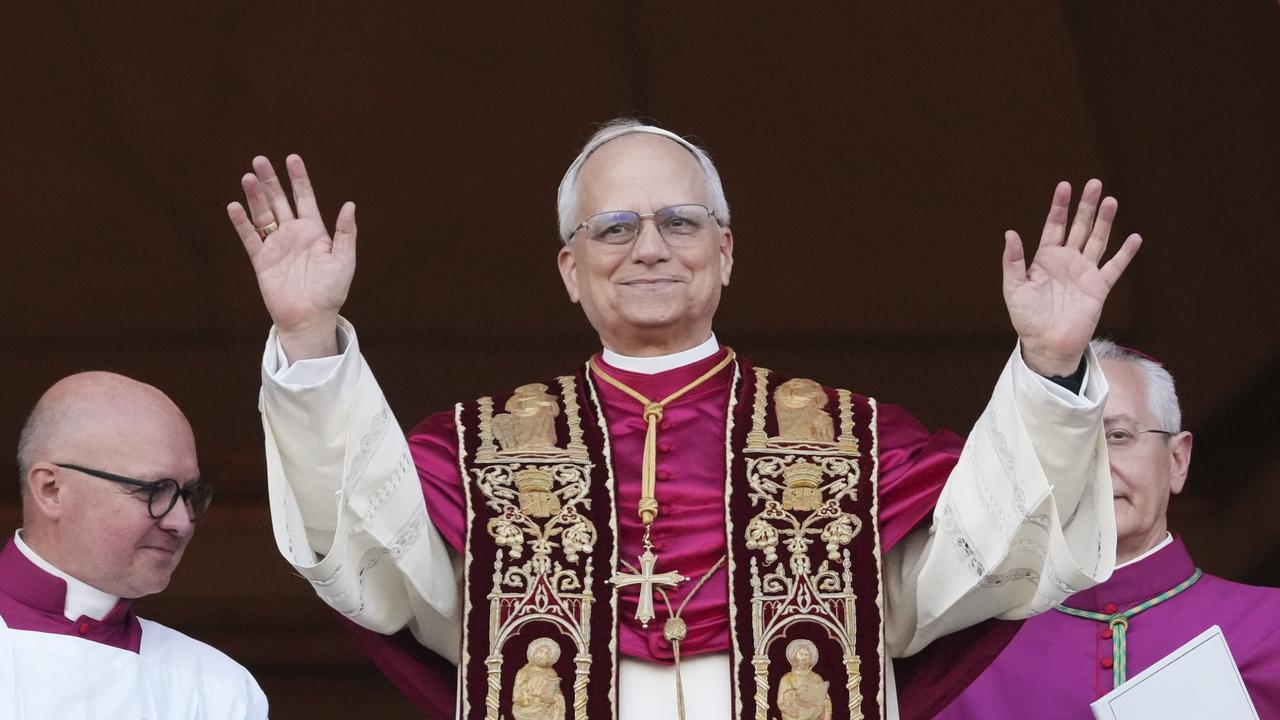

Jim Chalmers has done what he had to do politically and has “assumed” the economy will look after itself.